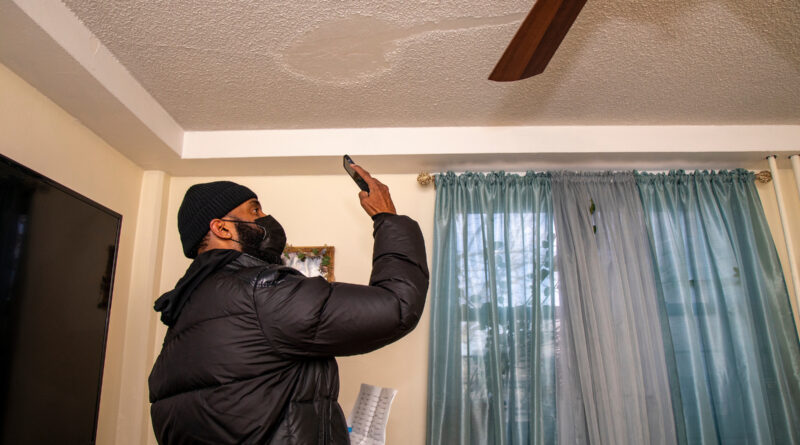Keeping Residents Safe with Lead Paint Inspections
Lead paint inspections and assessments are required by law and are important so we can create safer and healthier homes for NYCHA residents, especially the Authority’s youngest residents (who are most susceptible to the health effects of lead).
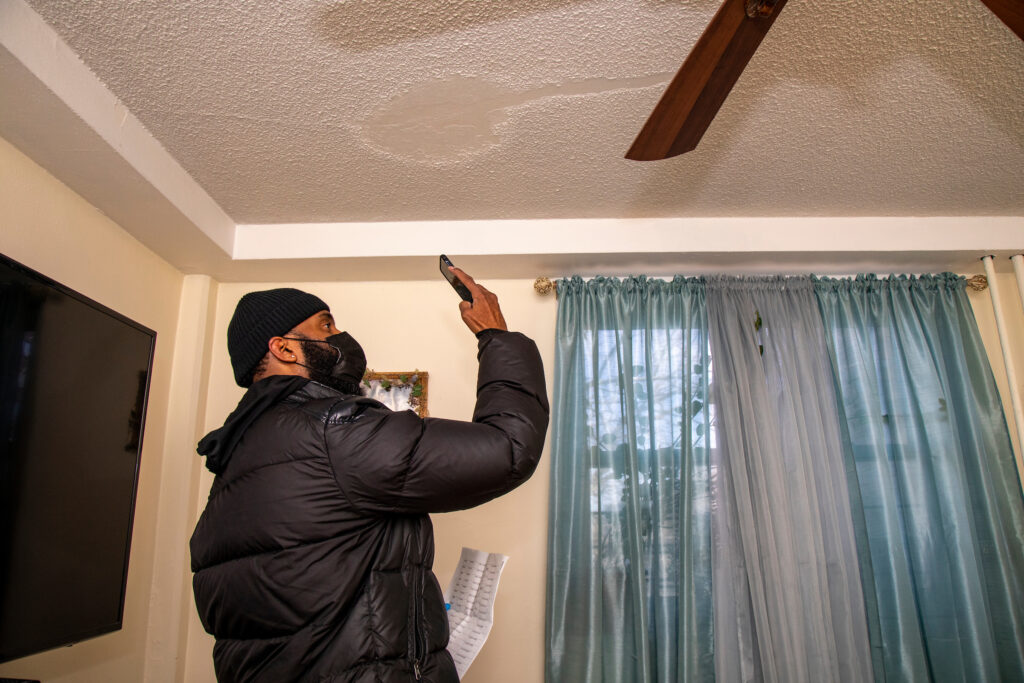
A visual assessment is one way NYCHA determines if there is lead paint and lead-based paint hazards in apartments. During a visual assessment, staff look for cracked, peeling, or damaged paint and visible surface dust, debris, and residue – and they document those findings.
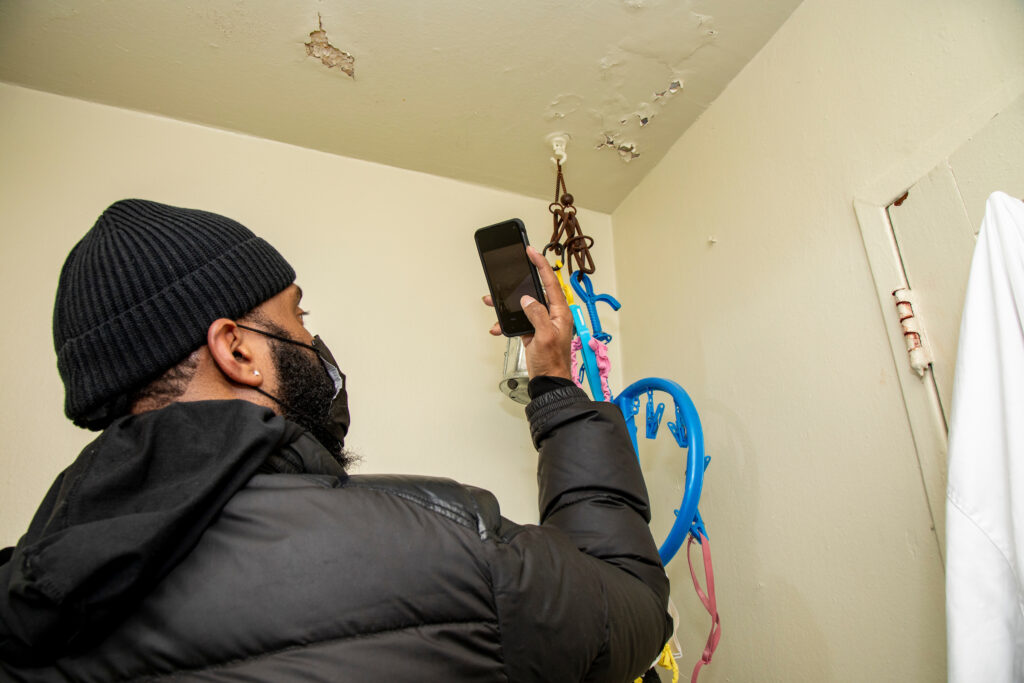
Visual assessments are required annually by law. If lead paint is identified in apartments where children under 6 live or regularly visit, NYCHA will proactively perform visual assessments twice a year.
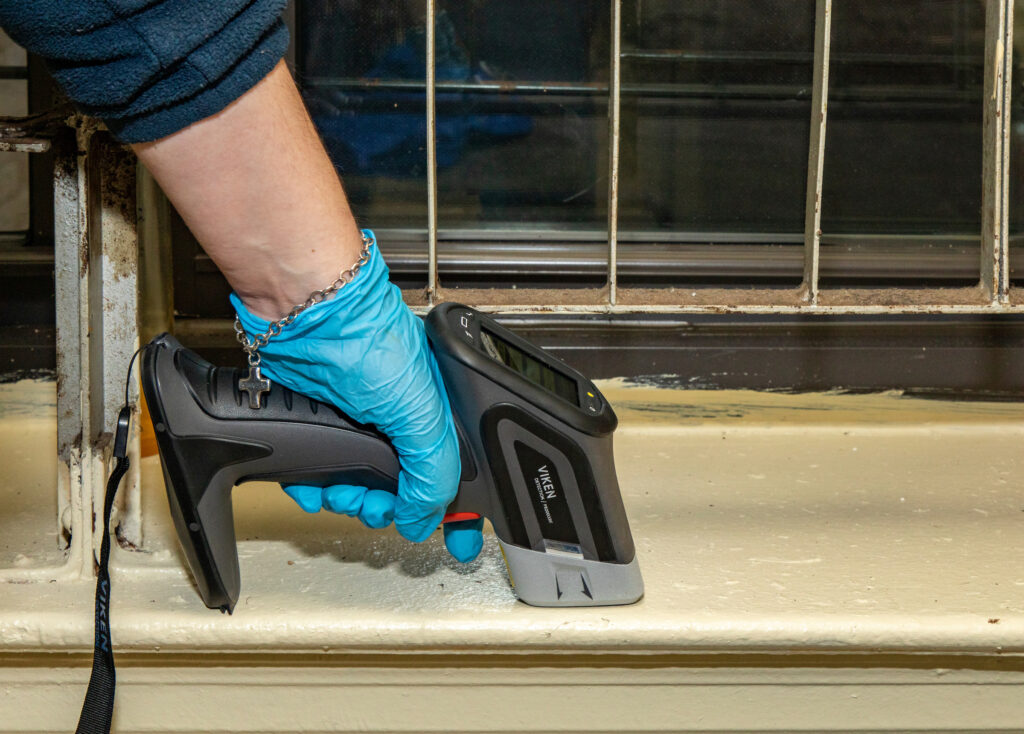
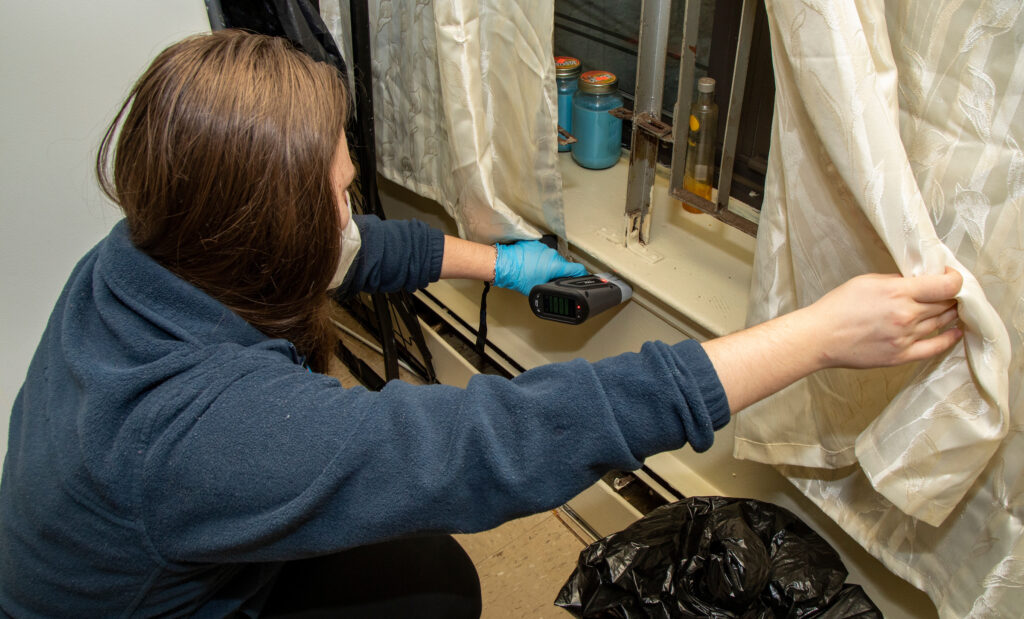
Another way NYCHA identifies lead paint and lead-based paint hazards is through the use of special handheld equipment called an X-ray fluorescence (XRF) analyzer.
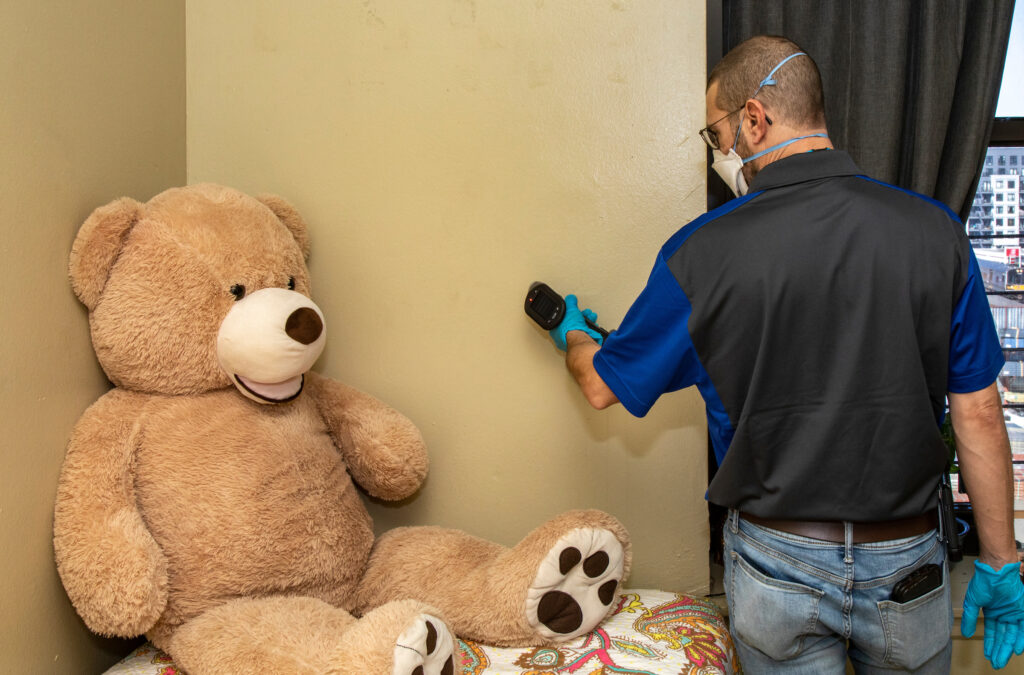
As part of NYCHA’s XRF initiative, started in 2019, the Authority plans to perform lead inspections using XRF equipment in approximately 134,000 apartments by 2022.
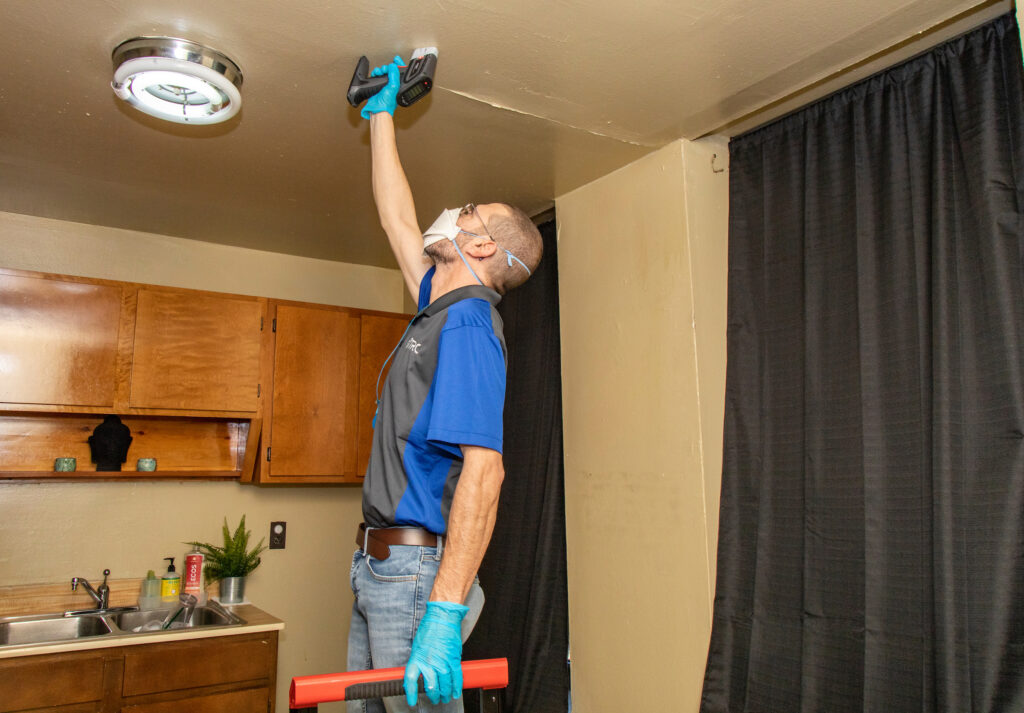
As of May 7, 2021, NYCHA completed inspections in 90,013 apartments, over 67 percent of the initiative. Apartments that test positive are scheduled for abatement. As of July 8, 2021, NYCHA has attempted to inspect 109,387 apartments, 82 percent of the initiative.
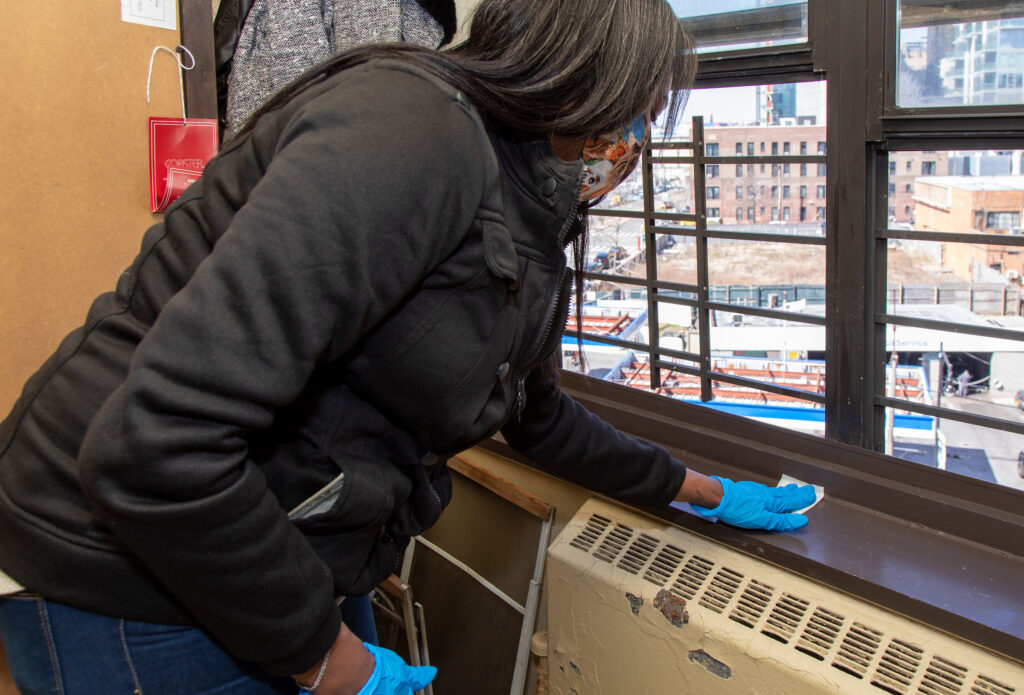
NYCHA conducts dust wipe sampling in apartments after completing any work that may have disturbed lead-based paint.
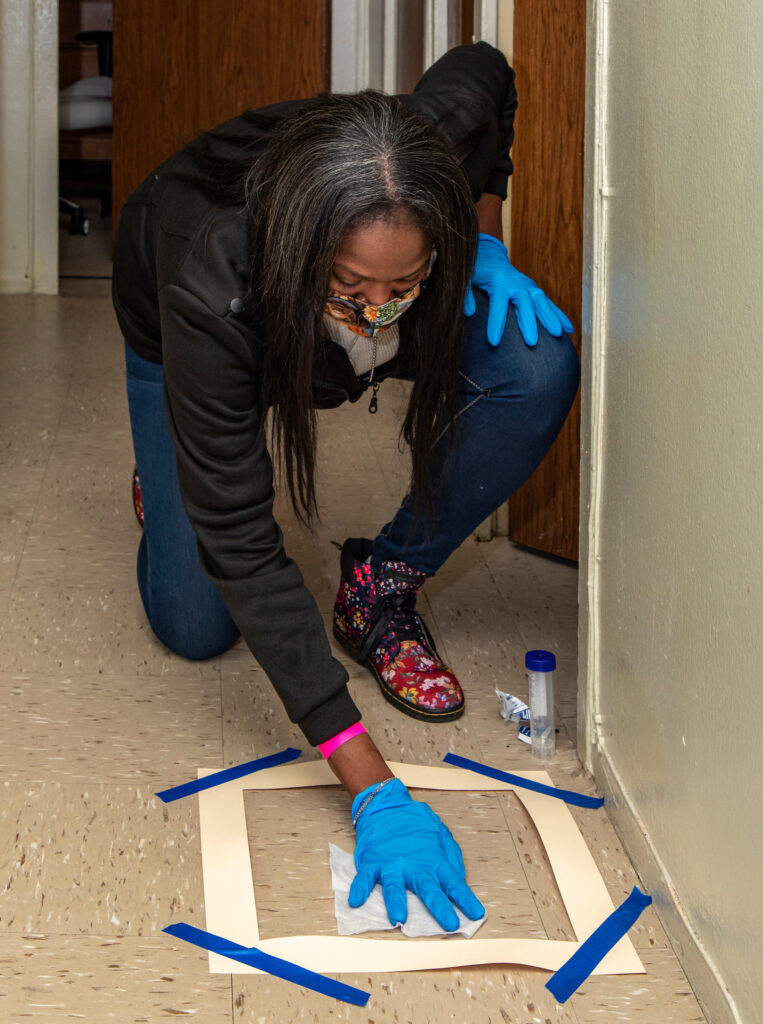
Dust wipes are wet wipes that lift dust from floors, window sills, and window wells. The staff person wipes part of the surface with the dust wipe and deposits it in a container.
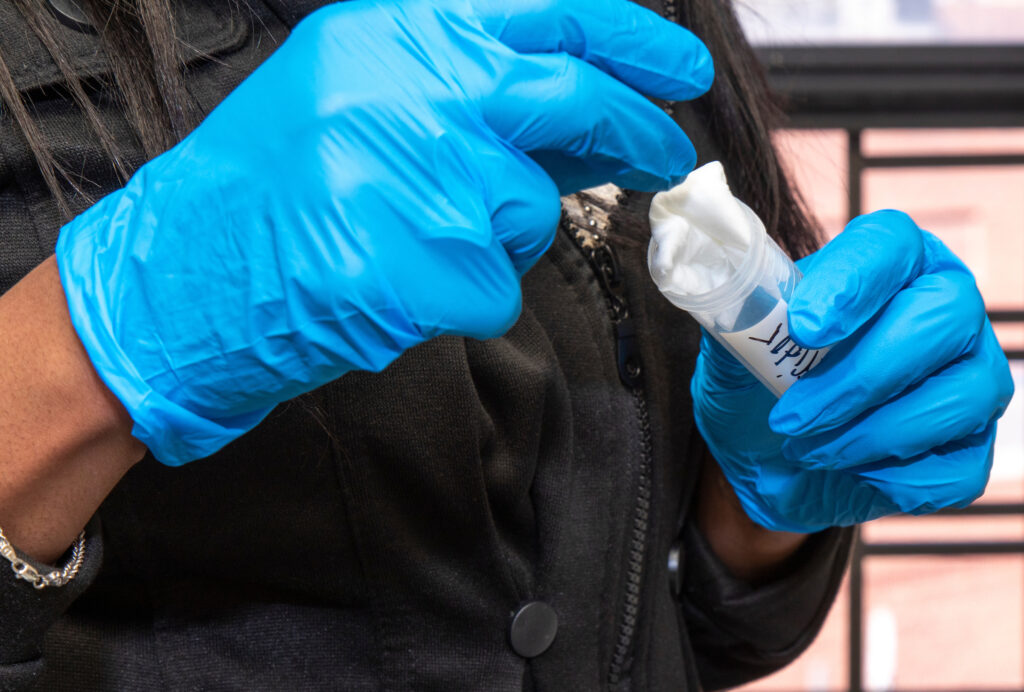
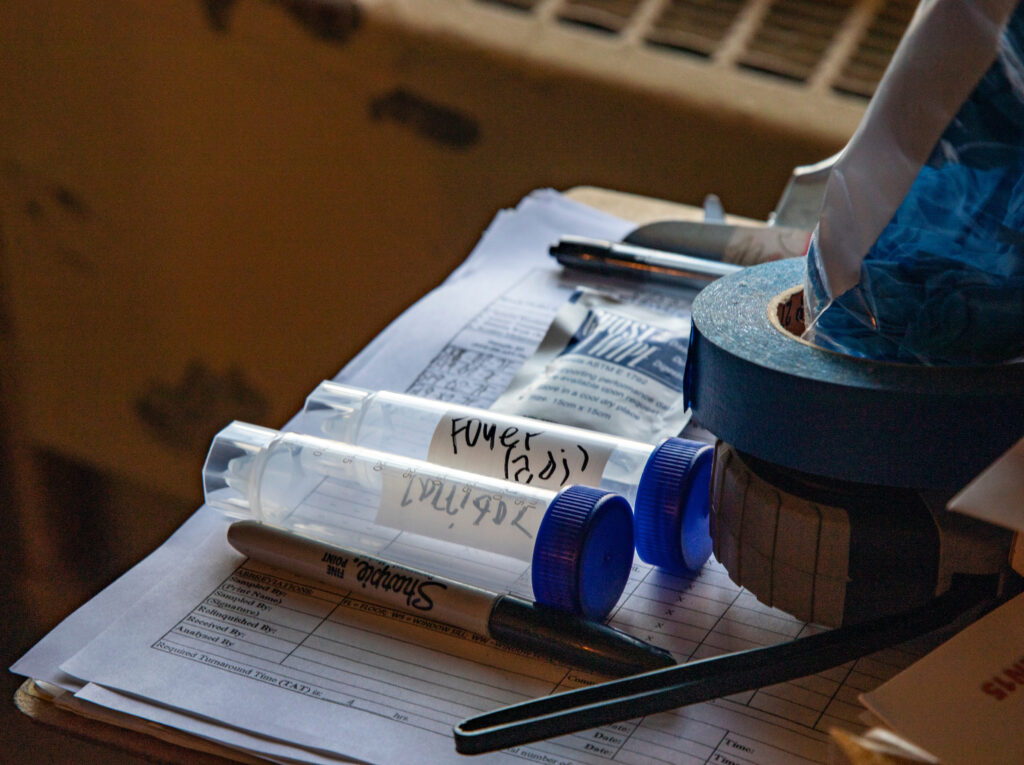
These samples are sent to a lab to determine if there are elevated levels of lead in dust. If there is lead dust found above federal or local safety standards, the work area will be re-cleaned, and a new sample will be taken. You will be notified of the new sample results, and they will be entered into your resident file.
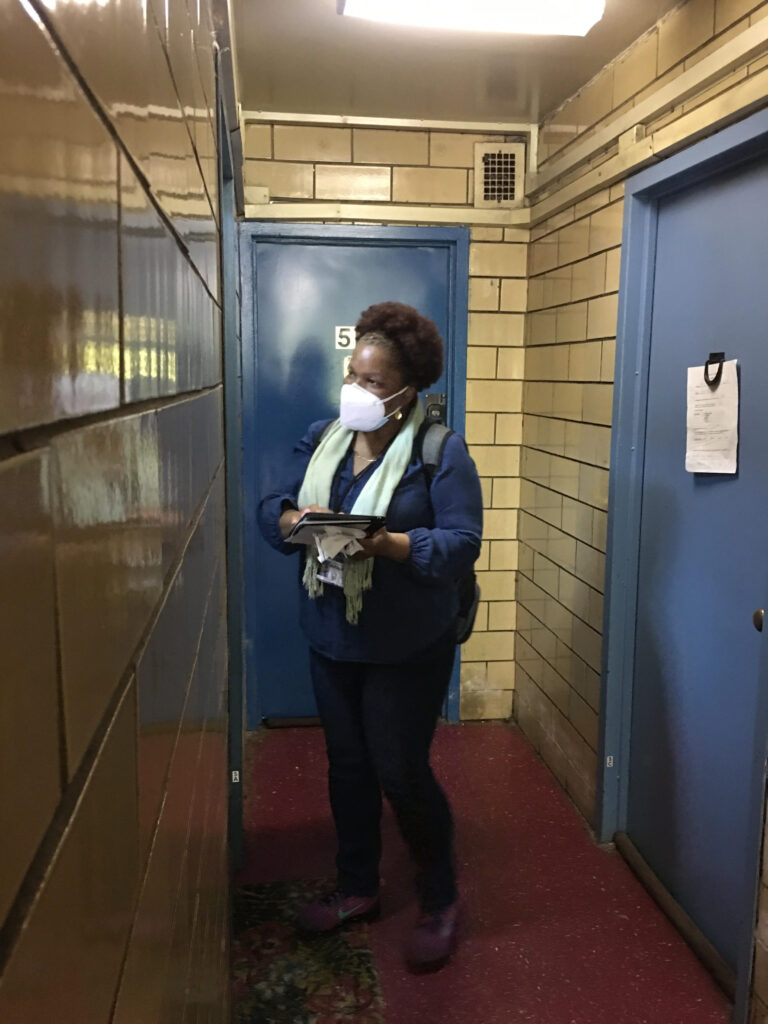
Over the past two years, NYCHA has worked to identify children under the age of 6 who live in NYCHA apartments or regularly visit apartments for more than 10 hours a week. Lead paint presents a risk to young children when it is damaged or peeling. NYCHA recently established the TEMPO program to bring faster repairs and abatement to homes where children under 6 live or regularly visit.
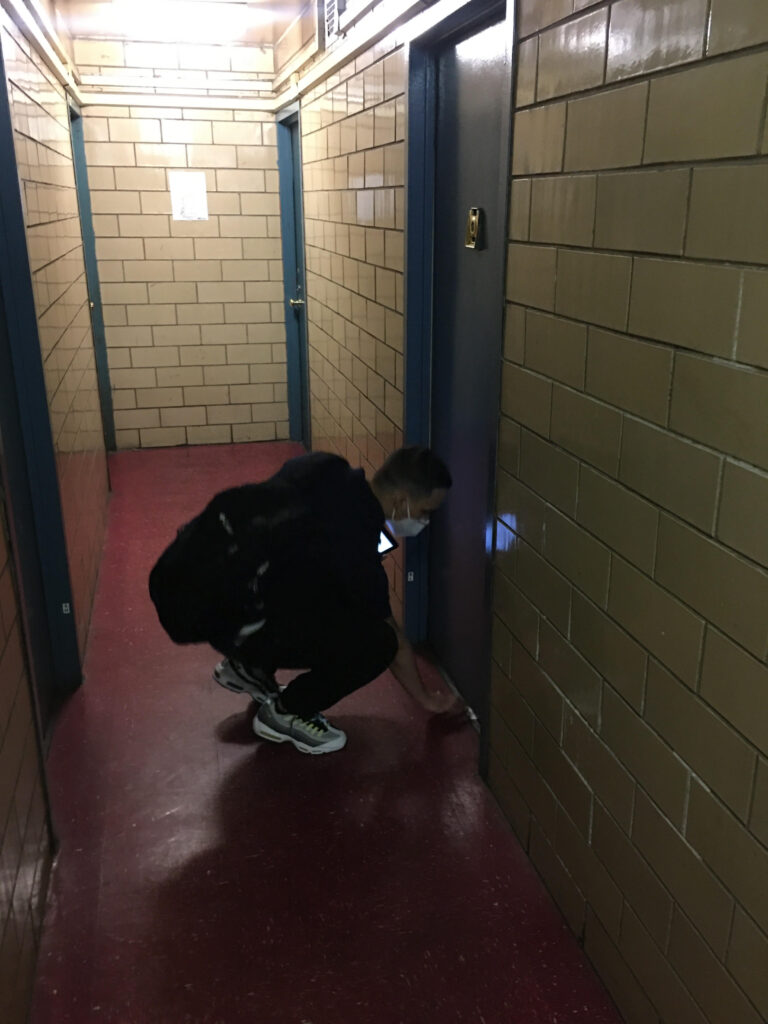
This outreach campaign includes flyers, social media, notices mailed to residents, phone calls, and knocking on residents’ doors to survey them. The campaign has helped the Authority identify an additional 6,000 apartments where children live or regularly visit more than 10 hours a week.
(Does a child under 6 live with you or regularly visit your apartment more than 10 hours a week? Every January, NYCHA sends residents important notices, regardless of whether a child lives with you. This includes the Annual Lead-Based Paint and Window Guard Notice. You must fill out and return the notices every year. If you misplaced or didn’t return the annual notice, visit the Self-Service Portal to provide the information or visit your Property Management Office.)
For more information on NYCHA’s Lead Safe Housing Policy, visit lead-safety (nyc.gov). Please report peeling, cracked, or loose paint to NYCHA’s Customer Contact Center at 718-707-7771 or use the MyNYCHA app or website (www.nyc.gov/mynycha).

